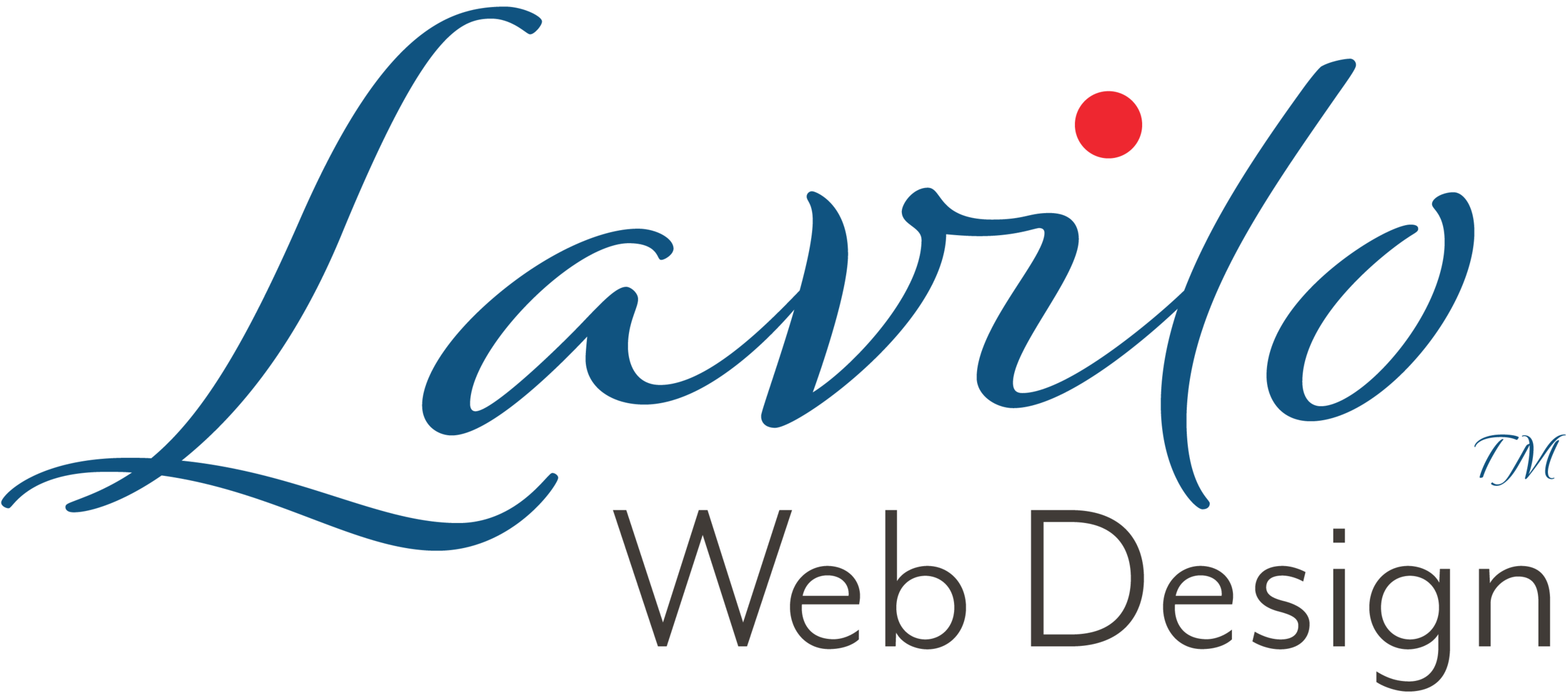Unlock Your Business's True Potential With an Effective Digital Strategy
If your workflow can give your customers a superior experience when interacting with your company, you will start to play in a different league.
While your website and social media presence are undeniably important, they are not the sole components of a digital strategy.
An effective digital strategy encompasses the entire company, including front and back office workflows, customer and supplier interactions, and internal collaboration. This approach ensures that every aspect of your business is optimized simultaneously to maximize success.
A digital strategy consists of two seamlessly integrated parts:
Digital marketing strategy: addresses the role of a website, newsletter, loyalty program, customer reviews, Google search, and social media to improve customer engagement,
Digital workflow strategy: digitizes internal processes and external interactions to improve customer experience.
A Digital Marketing Strategy Improves Customer Engagement
A digital marketing strategy is a long-term plan that outlines how a company intends to communicate the value of its products and services to its target audience in a brand-consistent manner through a mix of online (digital) channels.
This plan includes a roadmap for content creation, search engine optimization (SEO), and paid advertising (PPC). It also includes a financial budget and staff to support these activities.
Digital marketing aims to increase engagement with current and potential customers and build a loyal following.
Here are the most common digital marketing tools to drive engagement:
email marketing (newsletters);
presentations and speeches;
Since digital marketing looks primarily outward, it tends to disregard a company's internal processes and workflows. And that's where the proverbial rubber usually hits the road.
Astonishing gaps often exist between the everything-is-perfect image the marketing campaigns portray and the cumbersome, delay-ridden operational reality.
These gaps can easily cause customer disappointment and even trigger bad reviews. Therefore, not developing a digital strategy can pose significant risks to your business's reputation and customer satisfaction.
Fortunately, a dedicated digital workflow strategy reduces these gaps, making your marketing messages more realistic.
A Digital Workflow Strategy Improves Customer Experience
Digitizing a workflow involves more than converting a paper-based manual process into an electronic format and replicating the same steps.
Instead, be open to adopting best practices and changing your current workflow. For example, by automating order processing, you can reduce the time it takes for a customer to receive their order.
From experience, change is often the most challenging part of implementing a digital workflow strategy but also the most rewarding in terms of improved customer experience, increased referrals, and higher profits.
A digital workflow strategy usually addresses the following three steps:
Step 1: Select a cloud-based, industry-specific business software
Cloud-based business software has many advantages.
Cloud-based systems are scalable from a few users to hundreds.
As they are cloud-based, you don't have to download or install anything. A browser like Chrome, Safari, or Firefox is mostly sufficient. You just subscribe to a package with a specific feature set, which you can upgrade or downgrade anytime, depending on your business needs.
These applications are available for the most common industries.
Customizing these applications is straightforward and usually takes only a day or two. You don't need any programming knowledge to add your services and branding.
Step 2: Replace stand-alone software with solutions that natively integrate with the business software
Cloud-based business software often provides native integrations to many known applications, such as QuickBooks, Calendly, Stripe, and Mailchimp.
Before you make a final decision, review the list of integrations and develop a plan for replacing the software you currently use with applications on this list.
A fully integrated system eliminates considerable extra work passing data from one application to the next, saving you valuable time.
Step 3: Adjust your processes to follow the steps of the business software
Business software developers often collaborate with industry experts to create an efficient workflow that incorporates many best practices.
In my experience, ignoring these workflows, skipping process steps, or creating your own can lead to data inconsistencies and malfunctioning applications.
It is best to adhere to the predefined process steps or choose an alternative software if these steps do not work for your company.
Unlocking Your Business's Potential
Happy customers referring your business to friends, neighbors, or colleagues is the best marketing because these referrals validate your marketing messages, making them real.
Remember, marketing talk is cheap. However, if your workflow can give your customers a superior experience when interacting with your company, you will start to play in a different league.
An effective digital strategy that consolidates your digital marketing strategy and digital workflow strategy into a single coherent plan has the power to transform your business, unlocking its true potential.
What Is PPC Advertising? With Pay-Per-Click (PPC) advertising, companies can precisely target their desired audiences, track which ad a user clicked on, and directly associate that ad with a subsequent product purchase, making their online campaigns more effective and their marketing strategies more successful.















